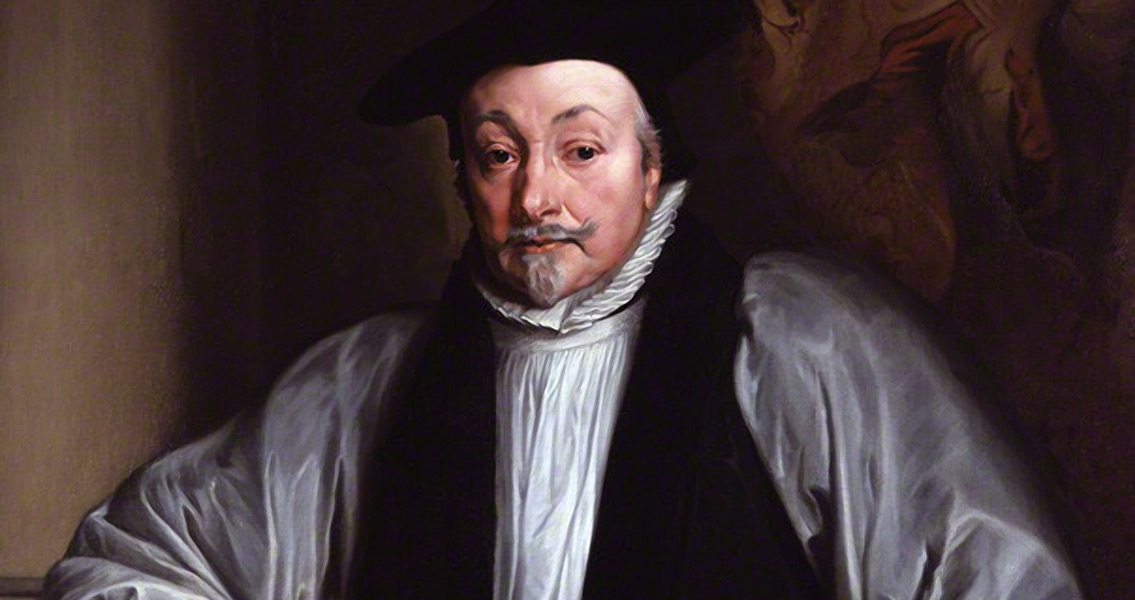<![CDATA[On 10th January 1645 William Laud, the Archbishop of Canterbury, was beheaded at Tower Hill in London, England. He had been a controversial figure for many years; a supporter of Charles I and advocate for halting Puritan reform of the church, he found himself on the wrong side of history during Civil War Britain. The son of a prominent clothing merchant, Laud was born in Reading, Berkshire. He was educated at Reading Grammar School and St. John's College Oxford. From early in his career he was associated with the followers of Lancelot Andrewes, a small clerical group who argued for the continuation of the 'visible' church, believing that the outward practices of ceremony, order and uniformity were crucial to practicing an inward faith. These beliefs were contrary to the ideals of Puritanism, a powerful and popular doctrine in Reformation England. From 1611 Laud served as a royal chaplain, and laid the foundations for the important role he would adopt in politics alongside his religious functions. Laud won the patronage of Lord Buckingham, a favourite of the future king, Charles I. As Buckingham gathered increasing power, his chaplain and confidant Laud also became increasingly influential. He became a privy councilor in 1627, and the Bishop of London a year later. During his time in London, Laud set about counteracting the influence of the Puritans. Traditional practices, such as bowing at the name at the name Jesus and isolating the communion table from the congregation were slowly imposed into London churches. The city's churches, from St. Pauls' cathedral through to humble local churches, were repaired, decorated and consecrated. These changes were implemented gradually, to avoid provoking the population. Nevertheless, to radical Puritan activists, they were symbols of a return to popery. Laud's campaign against Puritanism continued into the 1630s, as his influence and authority grew even greater. The death of George Abbott in 1633 saw Laud rise to the position of Archbishop of Canterbury, although some historians have suggested that in reality he was in control of the British church well before that date, having already issued proclamations in the King's name. Alongside his campaign to halt the spread of Puritanism in the church, the crowning of Charles I in 1625 saw Laud take on more political importance. He played a key role in the great theological and political debate that was so central to the English Civil War - namely, the divine right of a king to rule. Laud preached that a king's legitimacy came from God himself, something Charles also believed. Under such a system, any crime committed against a king was a crime against God. As Charles I's grasp on the throne became increasingly fragile, Laud seemed to be on the wrong side of history, representing many things that would come to an end after the the Civil War. He advocated a close relationship between church and government, the reduction of Puritan reform in the church, and the unquestionable authority of the King over his country. By 1640 Laud was the target of popular hatred, evidenced by a saturation of pamphlets, leaflets and protests against him. In December 1640 he was convicted of high treason, specifically, of "endeavouring to subvert the laws, to overthrow the Protestant religion", and imprisoned in the Tower of London. In 1644, in the midst of the Civil War, he was beheaded, providing an ominous portent for the fate of Charles I, and a precursor to the end of an era in British history.]]>
The Execution of William Laud
